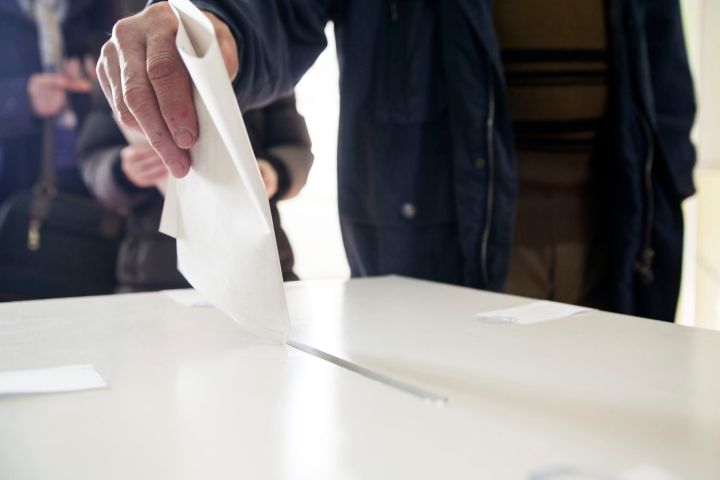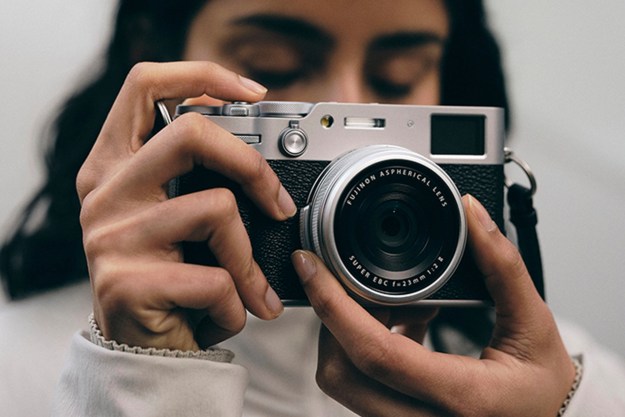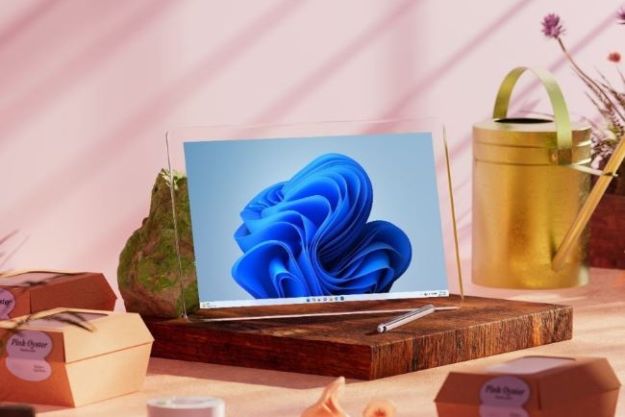
While there isn’t a federal ban on photographing a ballot, several states prohibit the practice entirely, while others allow only empty ballots to be photographed. Michigan is one of the states that prohibit cameras at the polls outright, and the Pillar of Law Institute is working to challenge that with a lawsuit against Secretary of State Ruth Johnson.
The lawsuit was filed on behalf of Michigan voter Joel Crookstan, who had no idea taking a selfie with his ballot in 2012 would land him in a heap of legal trouble. In Michigan, photographing your ballot can cause you to forfeit your vote as well as lead to a fine of up to $500 and up to 90 days in jail.

Michigan is not alone either. New Hampshire is also facing legal battles on a similar front — although a judge struck down the state’s ballot image ban, the state is currently appealing that decision. Several states from California to Maryland have banned ballot photos.
Some only ban filled ballots that show who a person voted for while allowing blank ballots to be photographed, while other states do not allow photography inside the building at all. In states like Indiana, photographing a ballot is a felony, while for other states there’s no penalty in place, even though polling-place photography is discouraged.
“Many voters take ballot selfies and post them to social media sites like Facebook on election day, and it is a powerful form of free speech,” said Stephen Klein, Pillar attorney and lead counsel in the Michigan case. “Instead of just telling people whom they voted for, voters can actually prove whom they voted for — there’s just no other way to do that so convincingly. But the Secretary of State prohibits this. This is not just a case against silly rules; it’s a case against unconstitutional censorship.”
The lawsuit also calls into question the way that general photography is banned, while members of the media are allowed to take photographs inside polling locations. According to the lawsuit, the unequal treatment violates both free speech and equal protection.
While Klein says that the integrity of other voters’ ballots needs to be respected, the current restrictions on polling place photography violate voter’s rights to free speech regarding their own ballots. “Crookston’s lawsuit simply calls for recognition that the photography restrictions need to be narrower and not threaten people with jail time for photographing and publishing their own ballots,” he said.
For now, though, voters may be better off skipping the polling place selfie until the legal challenges are adjudicated.




